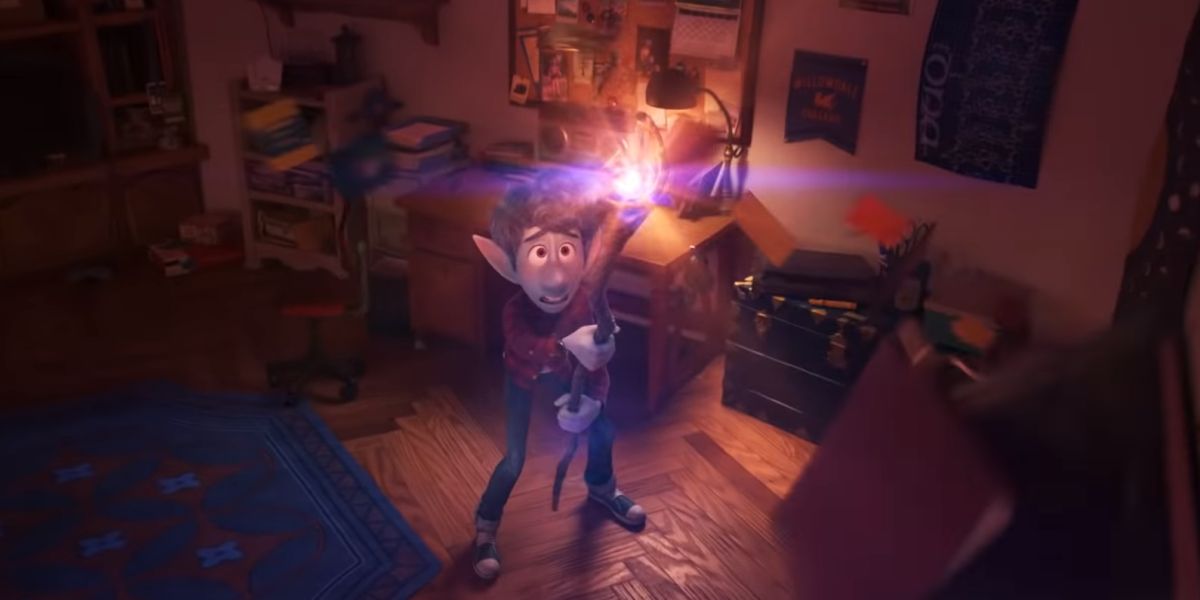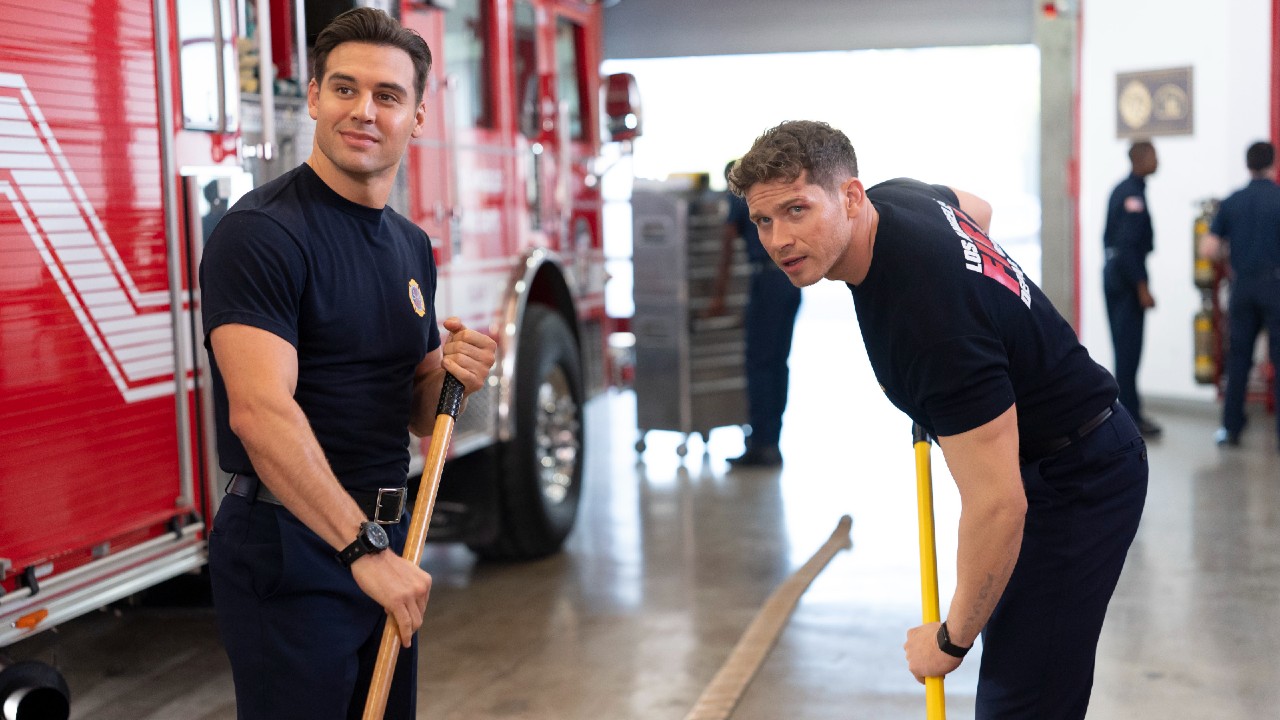4 Common Pixar Tropes That Don't Work As Well In Onward
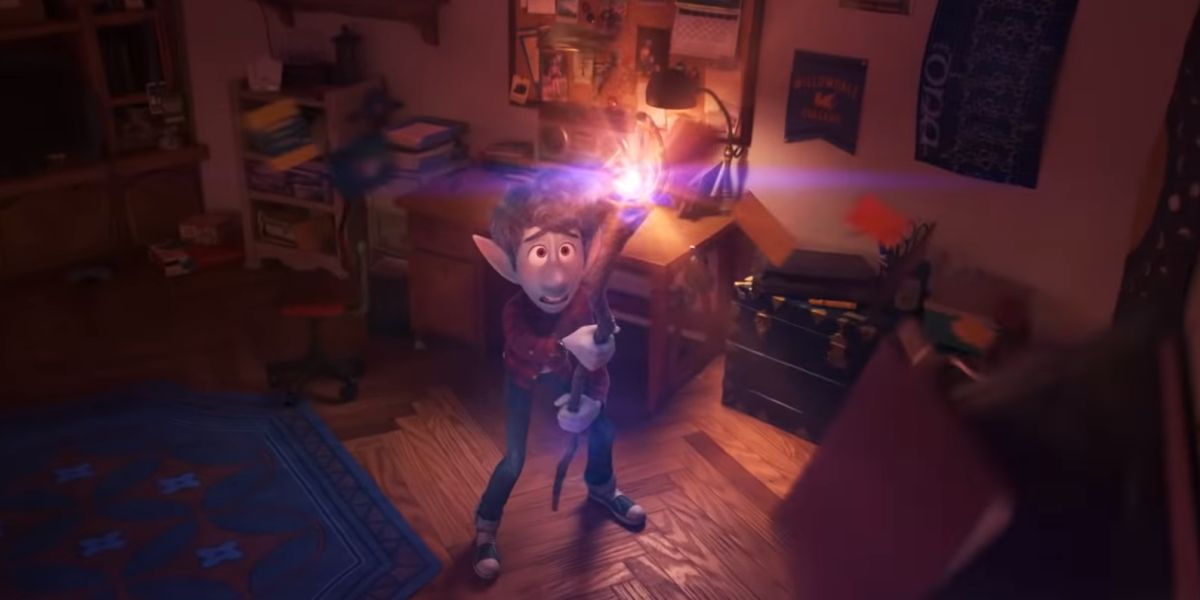
Pixar's newest computer animated feature debuted over the weekend, and the film certainly didn't set any records at the box office. It's possibly audiences just weren't as excited about a brand new franchise without history. Onward was only the second non-sequel released by the studio in five years, and yet, in a lot of ways, the movie felt as familiar as Toy Story 4. Pixar has seen an incredible level of continuous success in the last quarter century, but now it feels like maybe the classic Pixar formula has run its course.
Onward isn't a bad movie. Quite to the contrary, it's a good movie that people should see and will likely enjoy. But while the film's premise had the promise of being something quite new for Pixar, in the end, the movie seemed to fall back on the elements that have often led Pixar to success, but in this case just felt tired.
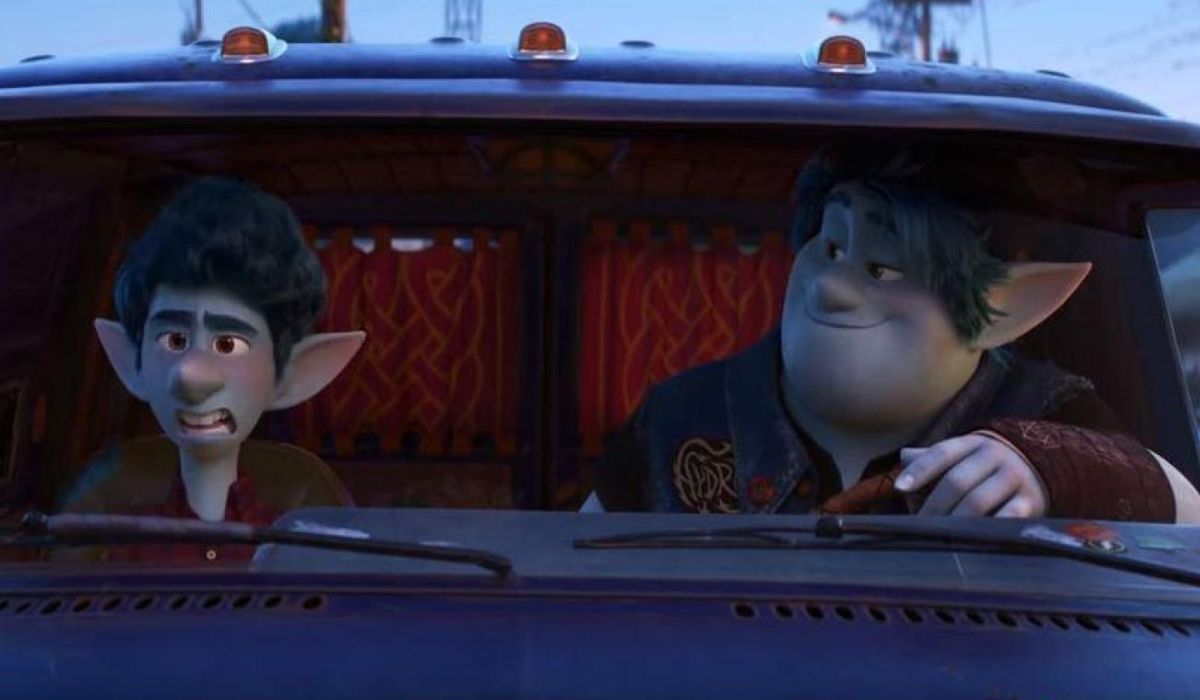
The Odd Couple Heroes
Ever since cowboy Woody met spaceman Buzz Lightyear, many Pixar films have essentially been buddy comedies made up of an unusual pairing. Marlon and Dory, Carl and Russell, Mike and Sully, the list goes on. Every time these duos have set forth on an adventure, often against their own better judgement, each has always required the skills and knowledge of the other in order to succeed. Each member of the team learns from the other and becomes better for it.
In the case of Onward, we have Barley (Chris Pratt), the older brother with more confidence than can be justified, and Ian (Tom Holland), the younger brother utterly lacking confidence. This gives each of them a clear and understandable arc, and it works as far as it goes, but because this isn't the first time we've seen a pairing like this, it's pretty obvious from the beginning where it'll all be going.
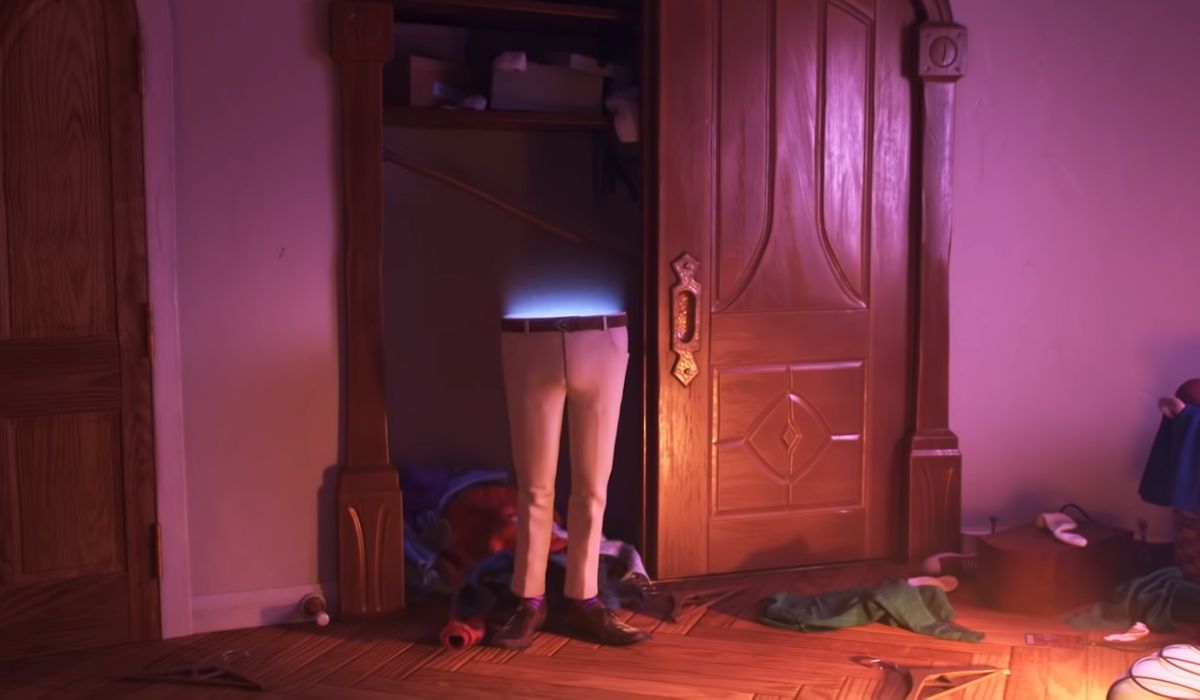
Parent/Child Relationships
Even if you're not a parent yourself, you still either have or had parents. So there may be no relationship more universal than that of the parent and the child, and a lot of Pixar's movies have dealt with different aspects of this universal relationship. Toy Story 4 showed us that Woody saw himself as one who raised Andy, and was therefore a parent. Riley's relationship with her parents is key to Inside Out. And, of course, Finding Nemo is about a father trying to save a son while the sequel, Finding Dory is about a daughter's quest for her parents.
Onward follows two brothers quest to reunite with their deceased father, who occupies the film proper as a pair of vaguely sentient legs. While I understand why the decision was made to make a dad a pair of legs, I'm just not sure it works as well in execution. The ticking clock of the story provides the film's necessary drama, and "Dad's legs" aren't really a part of the story, they're just along for the ride, literally. They're never made to feel like they are "dad" in the same way. There's just something missing, which makes our heroes' connection to them also feel empty.
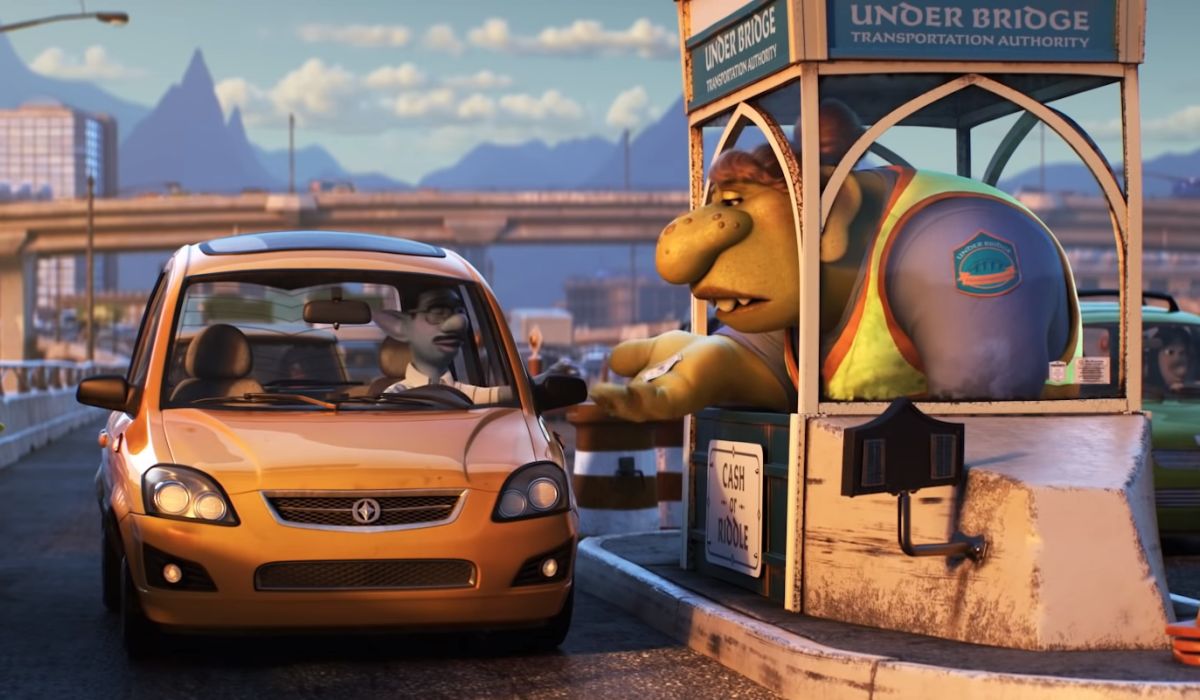
Fantastic Worlds
While Onward may technically be Pixar's first film to deal with traditional "fantasy" elements as we know them, the idea of creating unique and fantastical worlds that are still surprisingly "normal" otherwise is nothing new for Pixar. Monstropolis could be any major city in America, except that it's full of the monsters that live in your closet. The world of Cars still contains many of the real world landmarks that exist in our world, but the dominant life form drives on tires.
Your Daily Blend of Entertainment News
Onward is an urban fantasy, which is a popular genre in books, but is seen less in film, where the characters of fantasy stories, elves, dwarves, dragons, etc, exist in an otherwise normal modern world. Except here they're the dominant life. If anything, it feels like Onward needed to up the "fantasy" dial a bit. We know from previous Pixar films that the audience can still relate to the characters when the story is fantastic, but the fantasy setting feels like little more than a coat of paint here. The world doesn't feel as lived in as the others do, making the audience investment tougher.
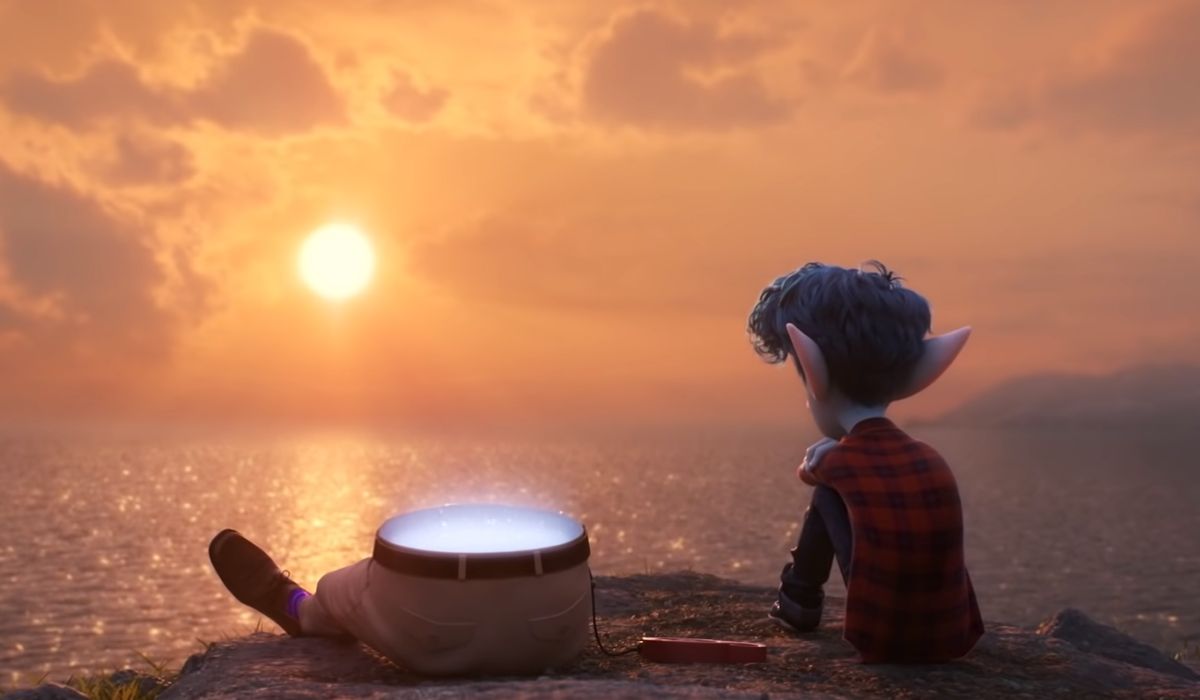
Tearing At Your Heartstrings
If there's one thing that you can be confident of, one thing that you expect, going into a Pixar movie, it's that there's a good chance by the end of the movie, you'll be a blubbering teary-eyed mess of a person. Hell, in Up, they didn't even wait for the end, breaking your heart in the opening 10 minutes without saying a word. With the storyline of a boy trying to meet the dad that died before he was born, you know from the outset where this is all going, and what it will probably do to you by the end.
And make no mistake, Onward does exactly that, and even knowing that, the emotions of the film work. They are absolutely genuine moments that don't feel like half measures or going through the motions. But perhaps because we're expecting the moment, as the movie never goes anywhere but where you expect, and because we know Pixar, the emotion is just lacking some of the depth that's been felt in the past.
As I said at the outset, Onward isn't a bad movie, I feel like if it had been released 10 years ago, it might have felt fresher and newer, but in this case, the fact is that Pixar has become so good at its own game that what would feel like a home run movie coming from nearly anybody else just feels like business as usual from Pixar.
At this point, we don't really know what's next for Pixar. The only trailer released for Soul doesn't really tell us much about the movie itself. Hopefully,\ Soul will do some things differently enough from the Pixar formula we know that the movie feels fresh and different. It'd be great to still get emotional experiences that Pixar is so good at, but they'll feel that much better if future films find new ways to bring them to us.
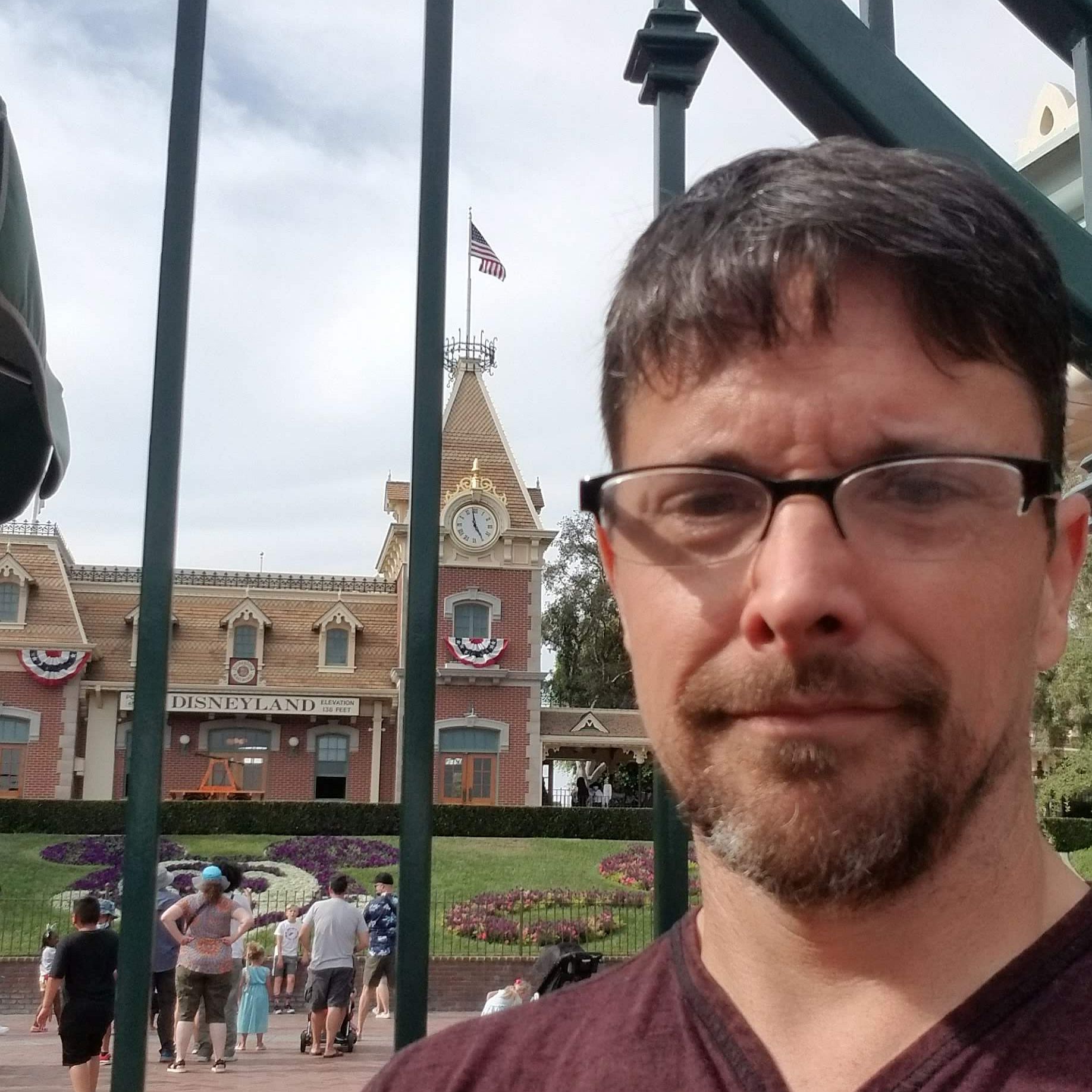
CinemaBlend’s resident theme park junkie and amateur Disney historian, Dirk began writing for CinemaBlend as a freelancer in 2015 before joining the site full-time in 2018. He has previously held positions as a Staff Writer and Games Editor, but has more recently transformed his true passion into his job as the head of the site's Theme Park section. He has previously done freelance work for various gaming and technology sites. Prior to starting his second career as a writer he worked for 12 years in sales for various companies within the consumer electronics industry. He has a degree in political science from the University of California, Davis. Is an armchair Imagineer, Epcot Stan, Future Club 33 Member.
